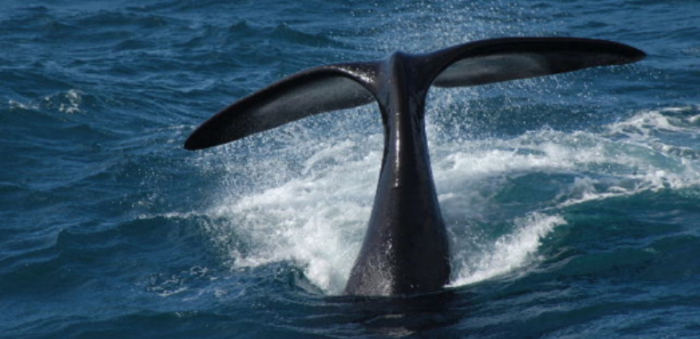On May 3 the International Association of Antarctica Tour Operators (IAATO) voted measures into effect in order to reduce the incidence of tourist ships striking whales around the Antarctic Peninsula.
The vote offers Antarctic tour operators two possible options:
- They must either commit to a 10-knot speed restriction within a specific time zone and area; or
- They must recruit an extra crewmate to monitor and record whale sightings within the said area and time zone.
These measures will apply from July 1, before the start of the 2019-20 Antarctic travel season, which starts in October.
Almost all humpback whale populations in the Southern Hemisphere are increasing since 1982, when commercial fishing for the species was banned, with some of these populations having approached their biological maximum.
However, these populations have the disadvantage of making whale strike more common, especially in areas where whales breed, socialize, migrate, and feed. IAATO’s new measures aim to mitigate this vulnerability, supporting the continued increase in whale populations.
Commenting on the new measures, Mark van der Hulst, Oceanwide Expeditions chief operating officer and IAATO executive committee chair, said that:
IAATO shows its commitment to safe and environmentally responsible travel through decisions like this. These measures were initially proposed as a smaller request, but IAATO members felt so strongly about them that we decided to make them mandatory
Van der Hulst added that both the Antarctic Treaty System and IAATO require tourism to affect Antarctica as little as possible.

































































